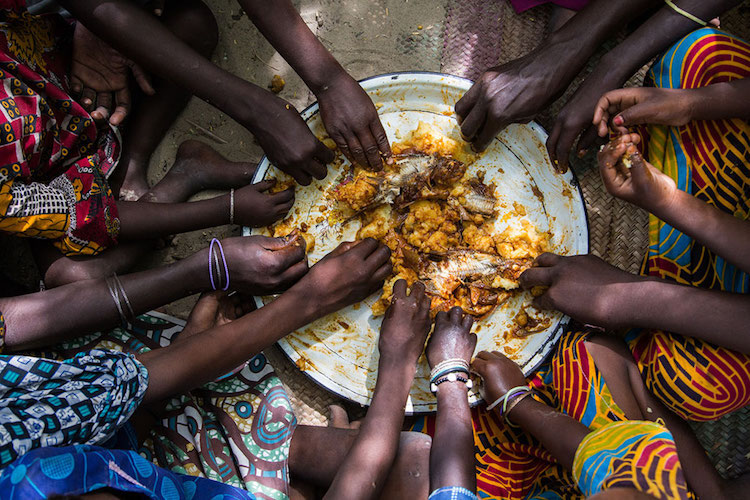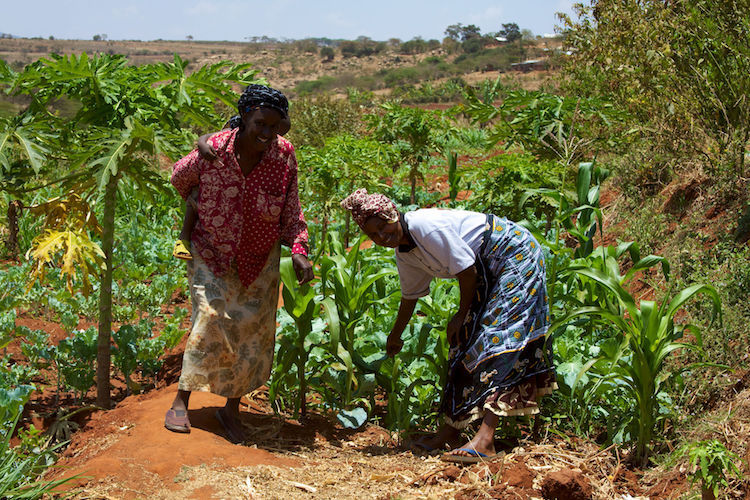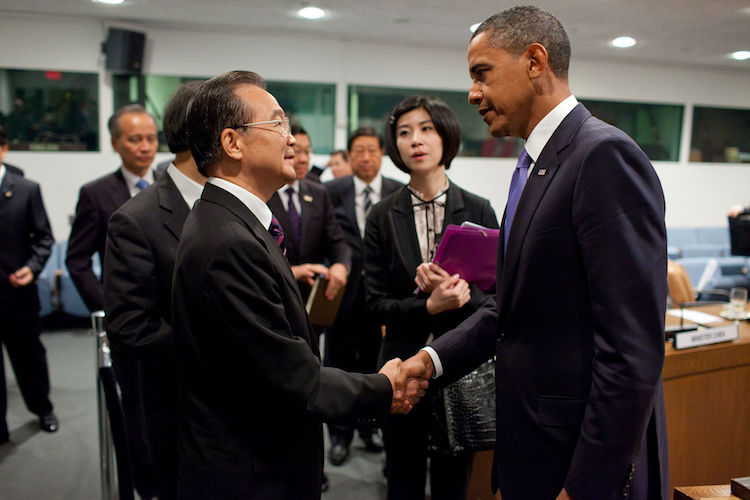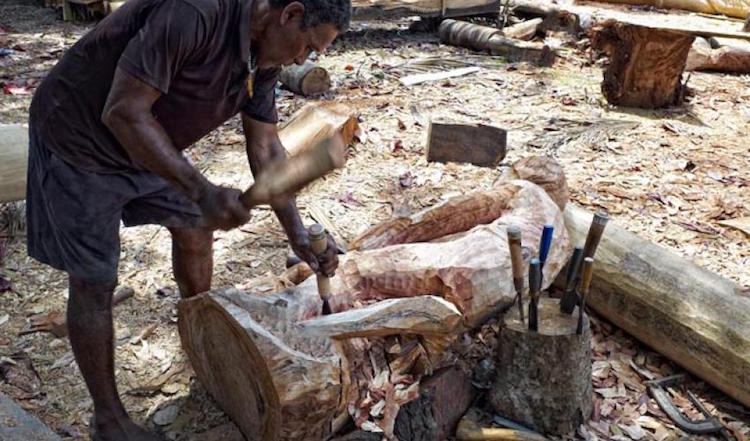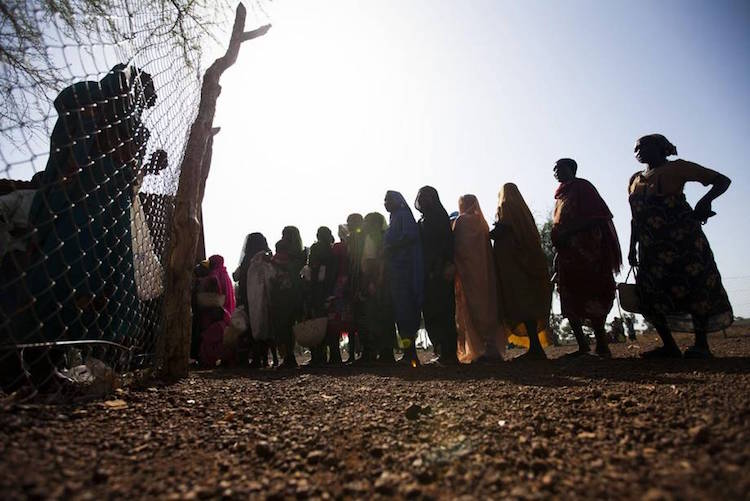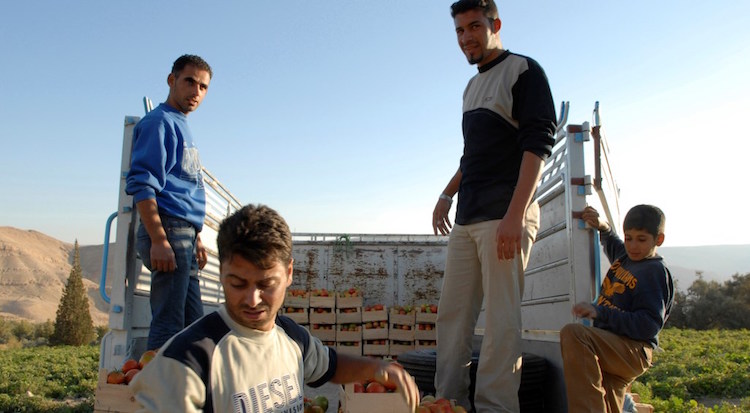By J Nastranis
NEW YORK (IDN) – Two among a spate of events accompanying the 71st session of the UN General Assembly have underlined that the Zero Hunger Challenge, launched in 2012 by Secretary-General Ban Ki-moon, and the Decade of Action on Nutrition, announced in July 2016, are critical to implementing Sustainable Development Goals.
According to the UN, almost 800 million people go to bed hungry every night and one in three people worldwide – nearly 2.5 billion – suffer from at least one form of malnutrition, ranging from hunger to obesity to a lack of critical nutrients.

